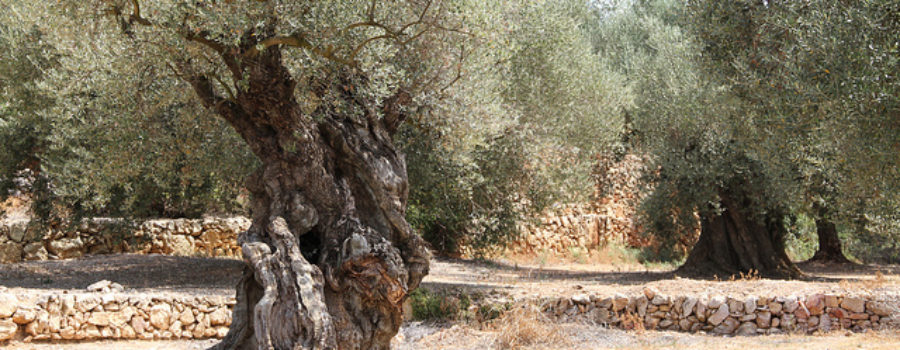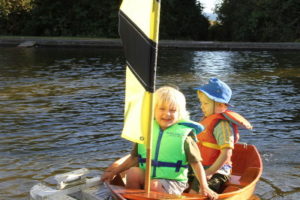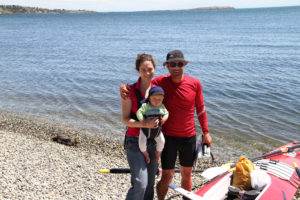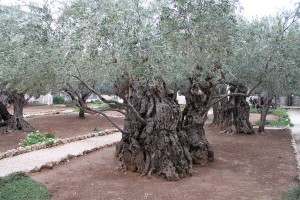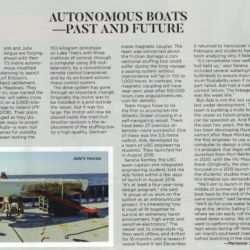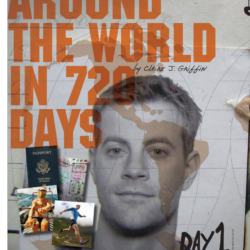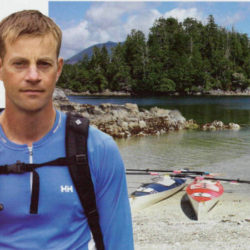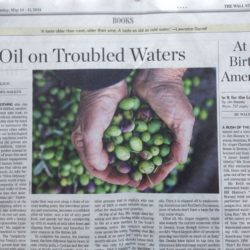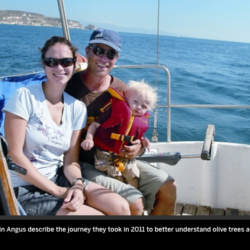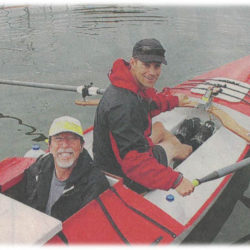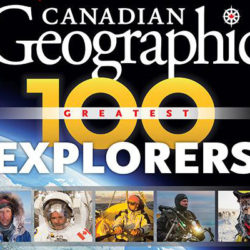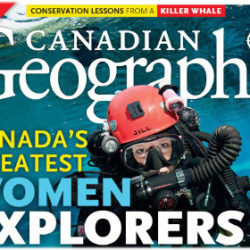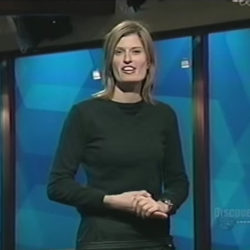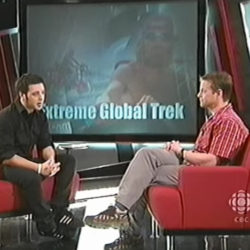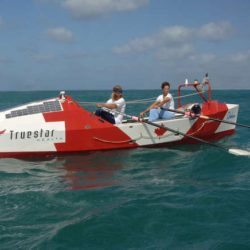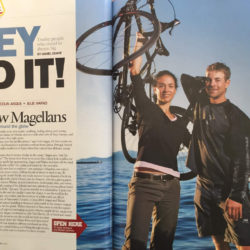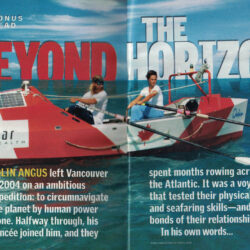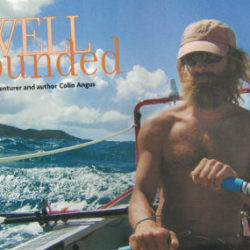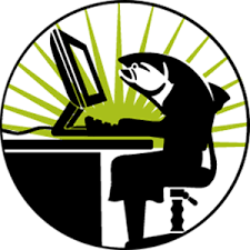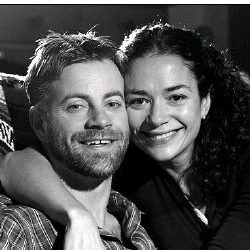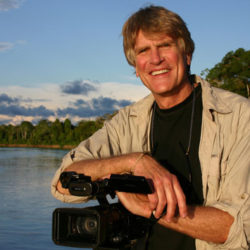It’s a great time of the year to try new olive oils. Europe and the USA’s olives have been picked, pressed and bottled. Bottles from the 2016 harvest are now on the shelves and there is no better time to buy an olive oil than when it’s fresh. If you’re unsure of what to buy, check out the New York International Olive Oil Competition, which just wrapped up and handed out gold medals to a range of exquisite oils from around the world.
Our view of the humble olive has been forever changed by our expedition Olive Odyssey and the research that I did for my book Olive Odyssey, which was published 3 years ago. I recently came across a Q&A that I did for the International Festival of Authors (IFOA) in Toronto when my book was published and I thought I’d share that here.
IFOA Q&A with Julie Angus, originally published Fall 2014
1. Olive Odyssey (like many of your journeys) represents a tremendous undertaking. What kind of preparation did your expedition take?
We spent four years preparing for this journey. Much of that was researching the olive tree, the regions we would be visiting, and the people we wanted to connect with. Because we were travelling by sailboat for much of the journey, I also had to familiarize myself with sailing and navigating Mediterranean waters. I studied nautical texts and trained in a sailboat lent to us by a friend in the Gulf Islands, but it was still a steep learning curve when we reached the Mediterranean. The waters are more crowded, the berthing protocol is different, the winds volatile and it was challenging sailing with an infant.
2. What research did you do on the olive prior to your journey?
I was curious about all aspects of the olive tree: historical, culinary, artistic, cultural and health. It’s played such a pivotal role throughout history, from being one of the earliest cultivated trees to influencing ancient civilizations such as the Romans and Greeks. All major monotheistic religions liberally incorporate the olive in their writings as metaphors, and it was used as anointing elixirs, healing agents and more. And today olive oil is one of the healthiest foods we can eat, assisting in preventing diabetes, cancer, cardiovascular disease, Alzheimer’s and a host of other serious diseases. Yet it’s a food industry that is plagued with fraud with as much as 60% of the extra virgin olive oil on supermarket shelves miscategorized. By speaking with experts, reading books and studying scientific publications I gained a broad knowledge about the olive tree that was invaluable throughout our journey, helping me ask the right questions and explore appropriate areas.
3. When reaching sites after retracing the trading routes of early seafaring merchants, what archaeological and scientific work did you conduct?
By travelling along Phoenician and ancient Greek trading routes and visiting the colonies they founded, we were able to search out olive trees and artifacts they left behind. Our theory was that these early merchants helped spread the domesticated olive tree from the Middle East, where it originated, to the rest of the Mediterranean. To test that theory we documented and sampled ancient olive trees, which can grow for thousands of years. Then, in collaboration with an Italian University, we analyzed the DNA of these trees to search for evidence to support our theory.
4. You mention on your blog that this journey was inspired by your family’s own olive farm. Was your familial connection to the olive what made the olive an object of such rich study for you or was it something else?
In 2008 my husband and I travelled 7,000 km by rowboat and bicycle from Scotland to Syria, completing the journey at my family’s olive farm in Syria. This was where the idea for Olive Odyssey germinated. I was struck by the remarkable taste of freshly pressed olive oil and the intriguing history of the olive which was first domesticated in what is now Syria and adjacent area. It was apparent how important the olive tree is, not only as a source of food and financial security, but as a symbol of peace and longevity.
5. In addition to authoring multiple books, you are also a recipient of the National Geographic Adventurer of the Year award and were the first woman to row across the Atlantic from mainland to mainland. What accomplishment are you most proud of?
Being a mom. I am very fortunate to have two beautiful boys. Leif, who is almost 4 years old and came with us on our Olive Odyssey adventure as an infant, and Oliver who was just born this summer.

